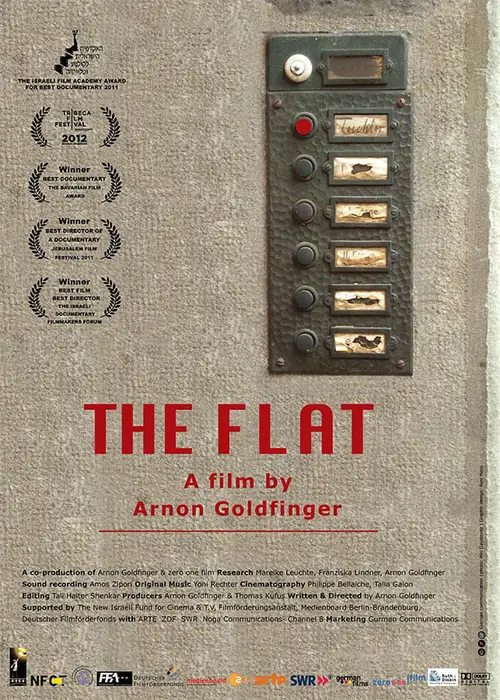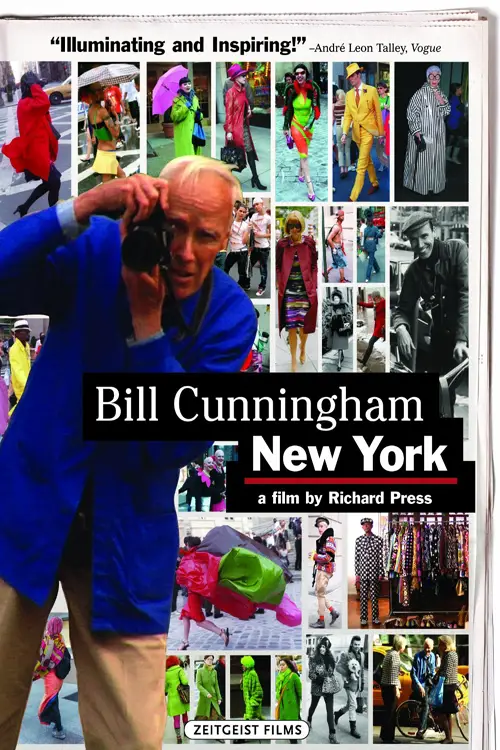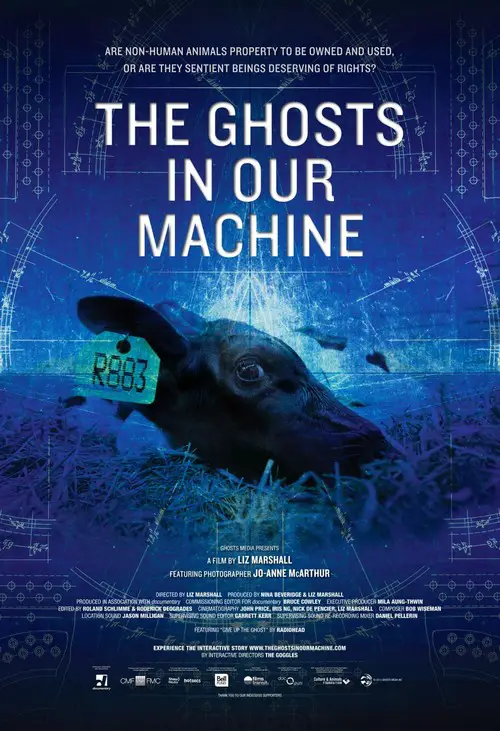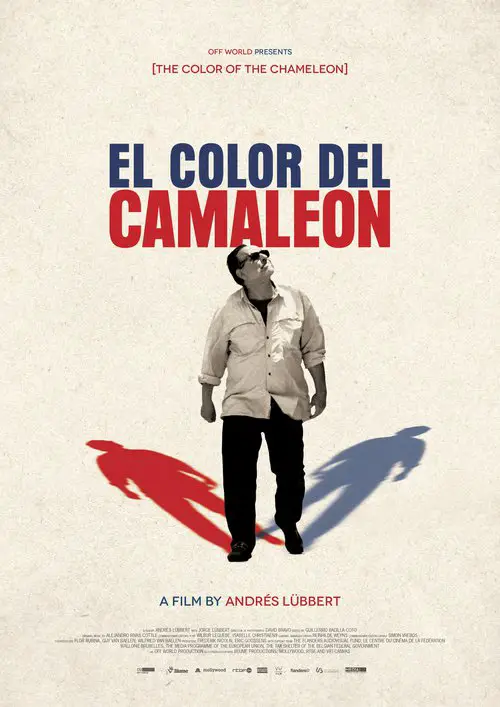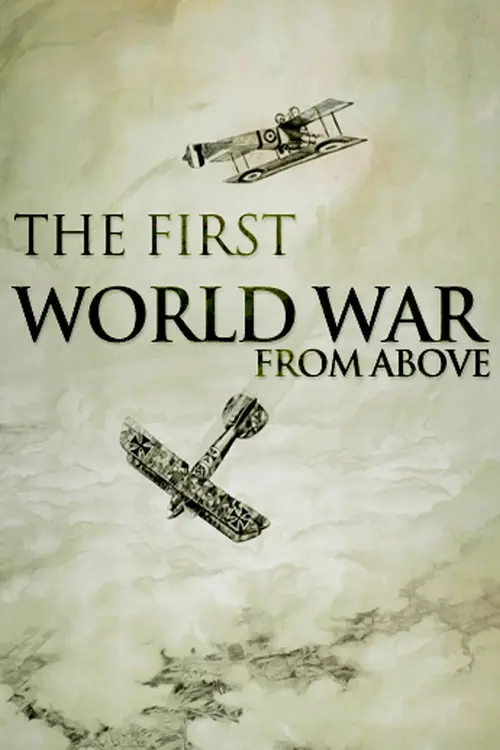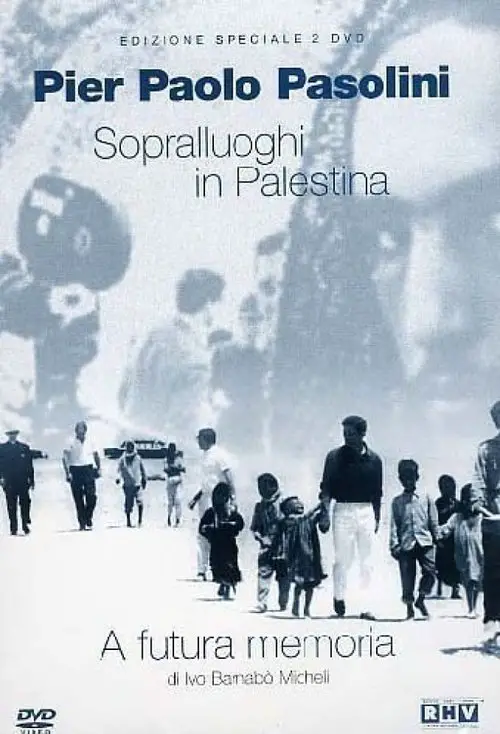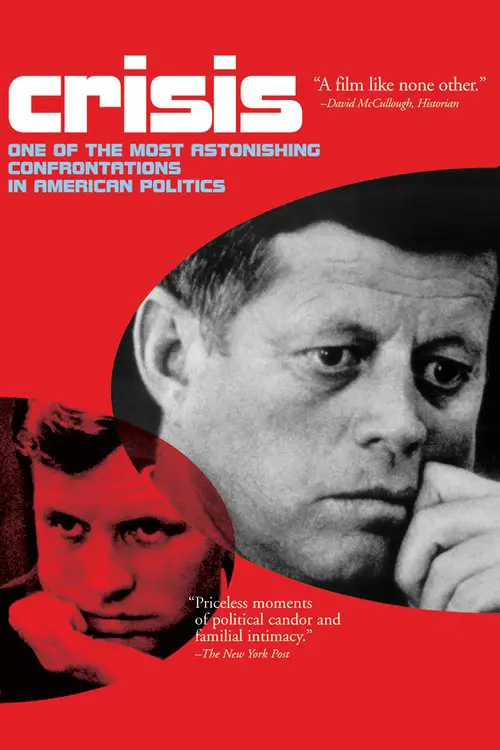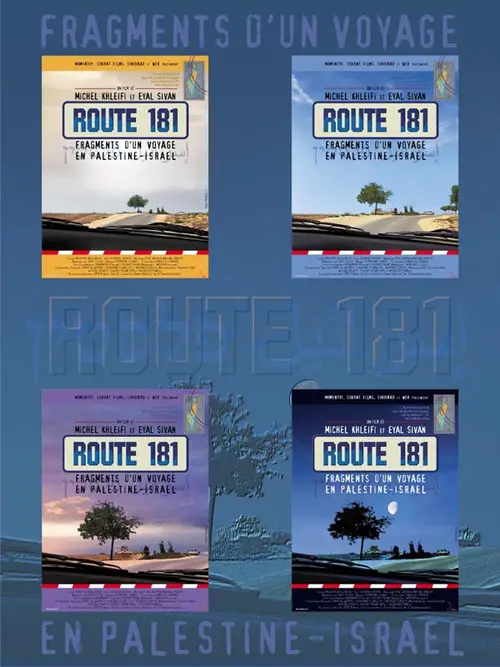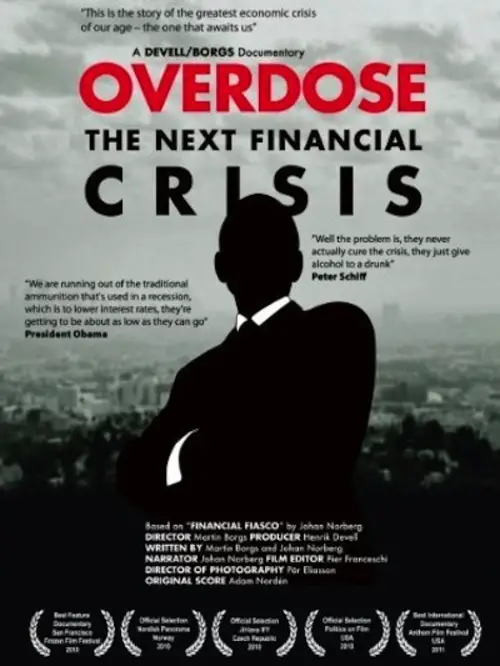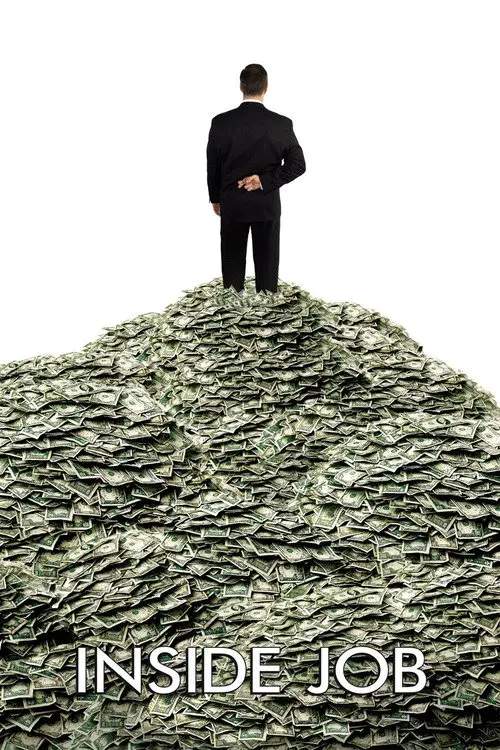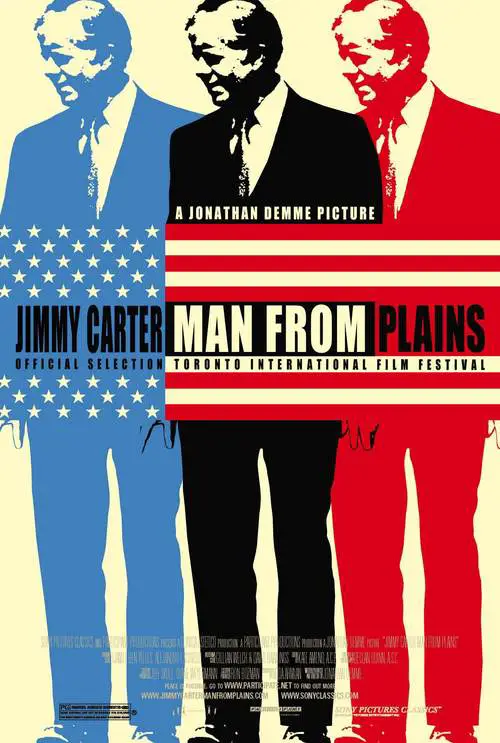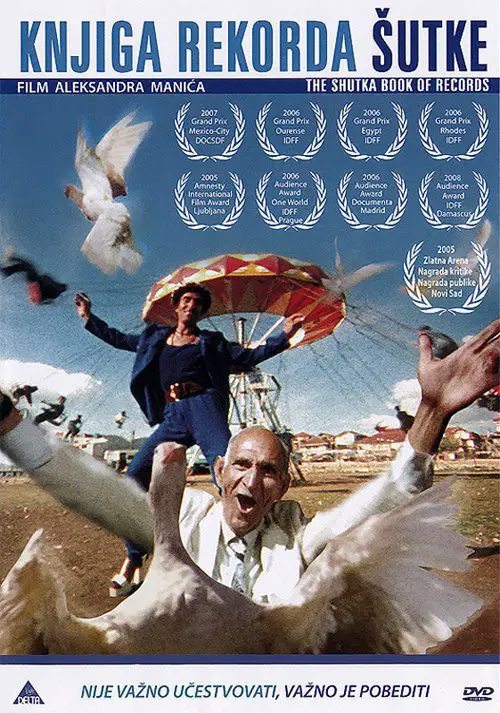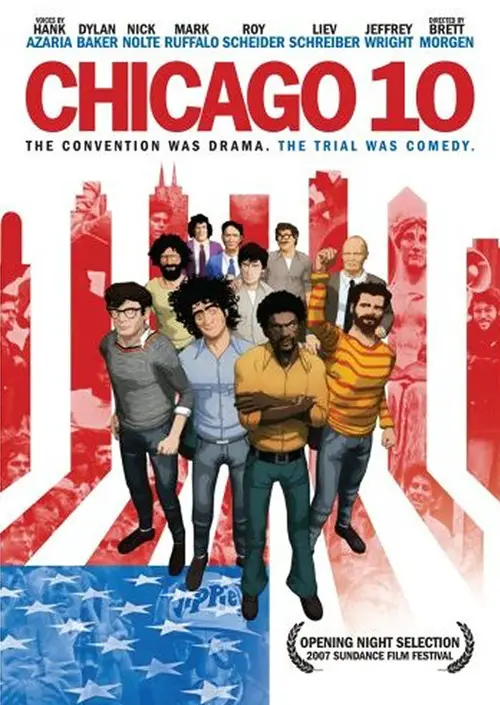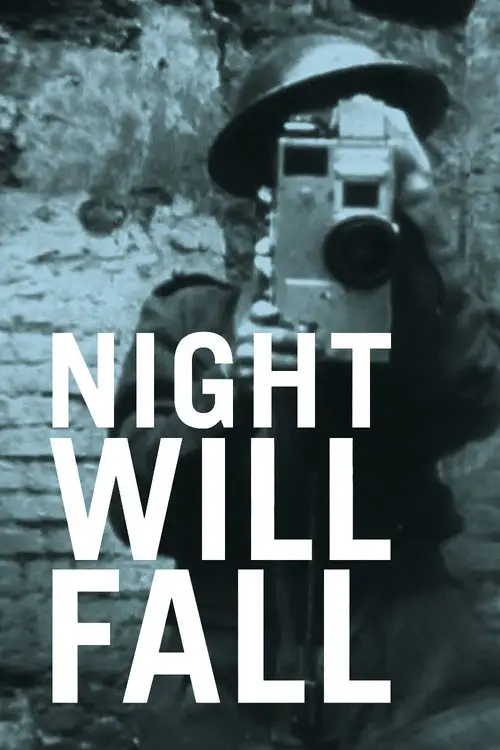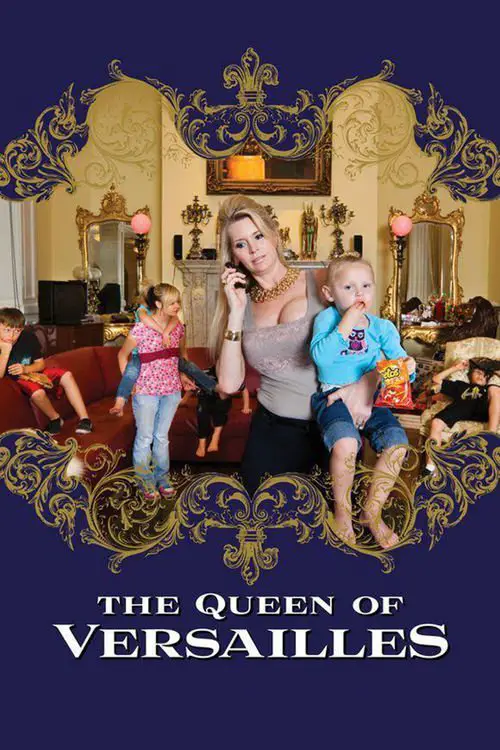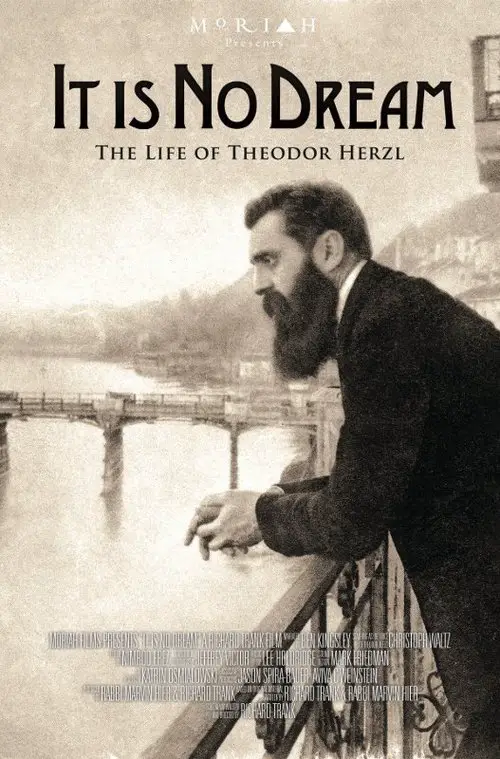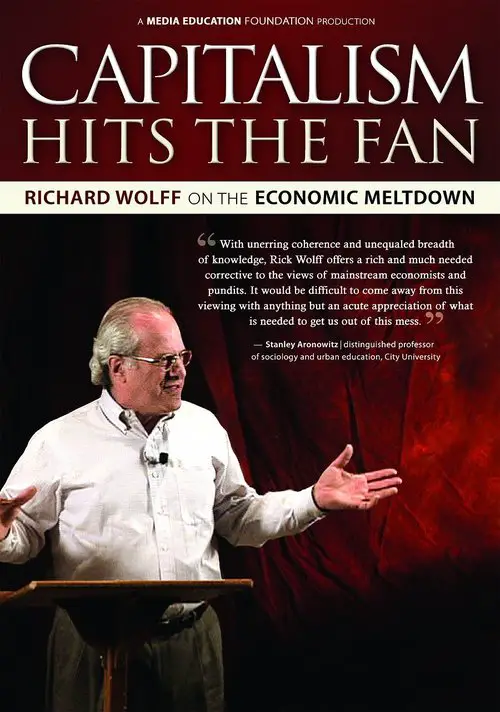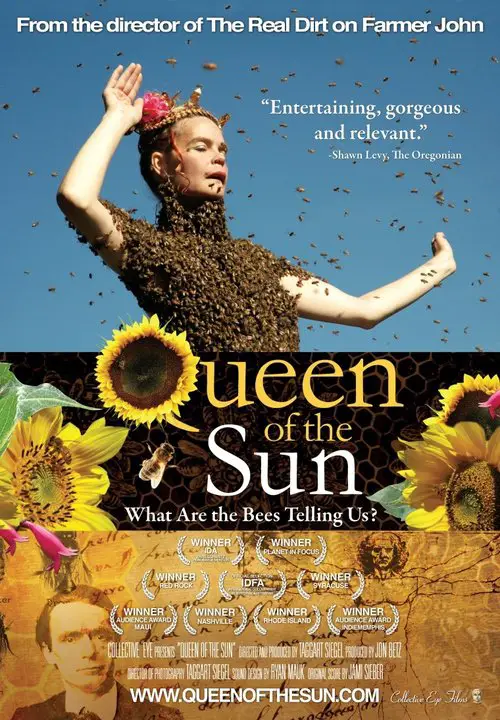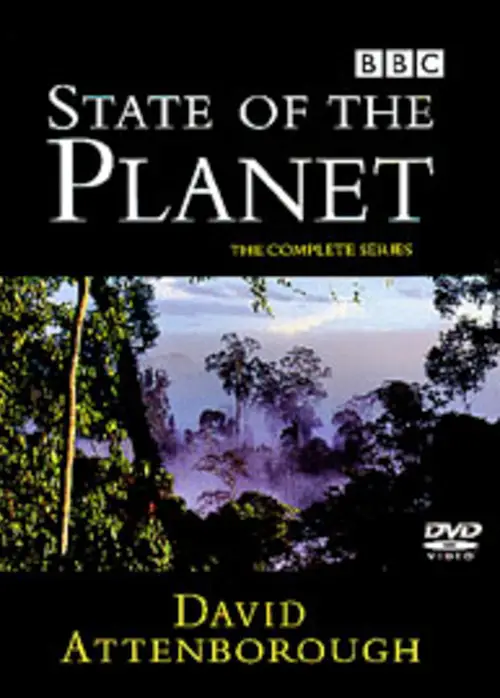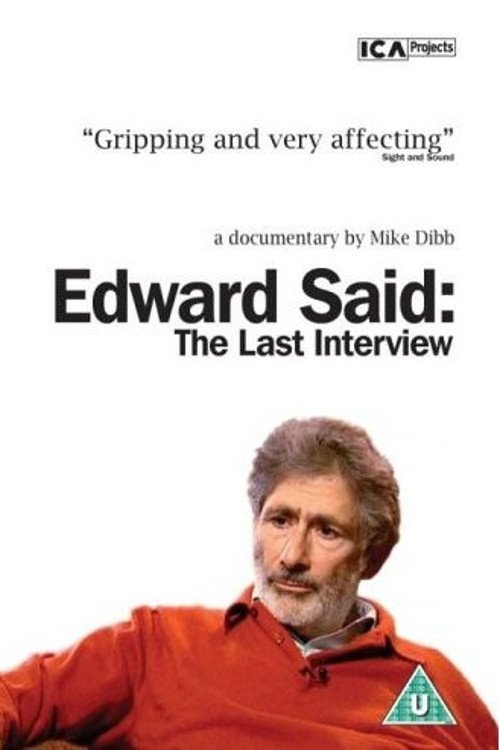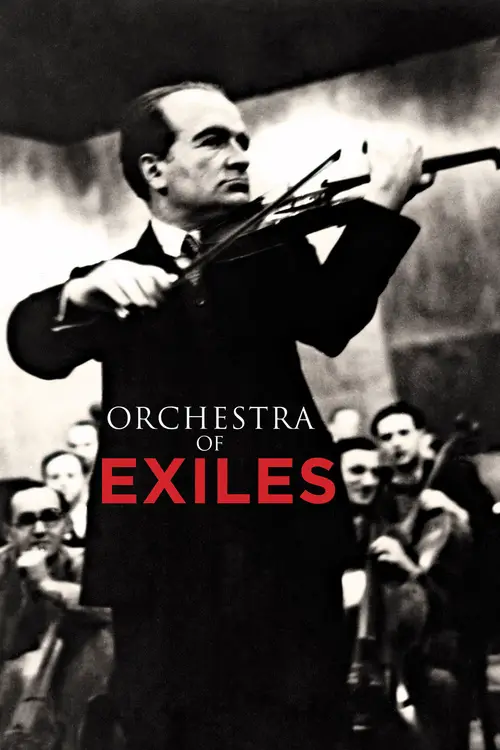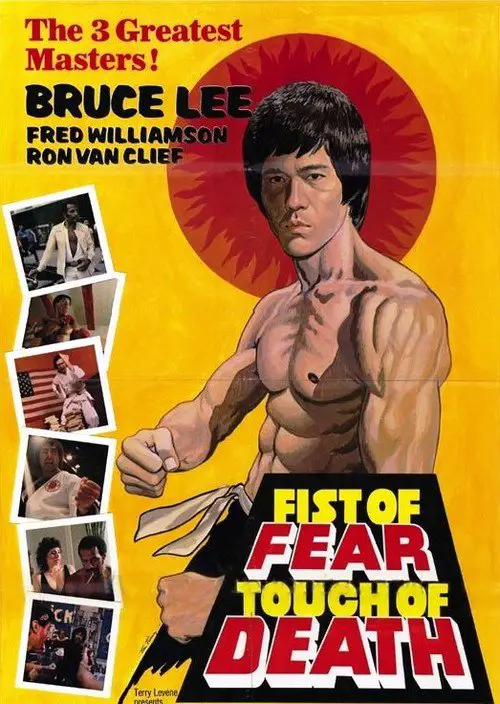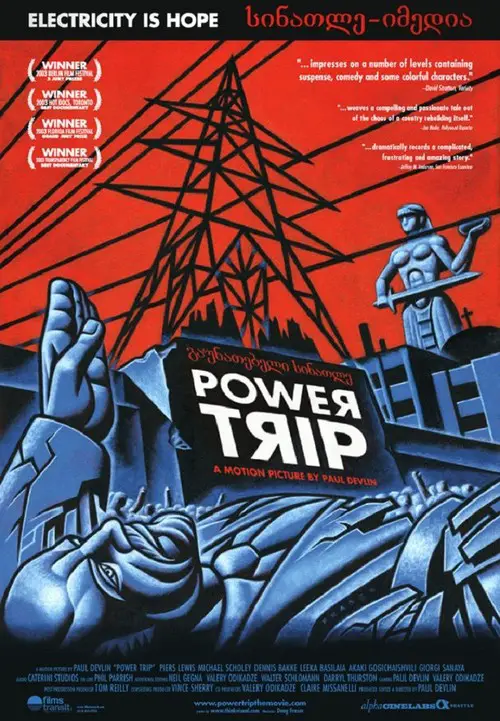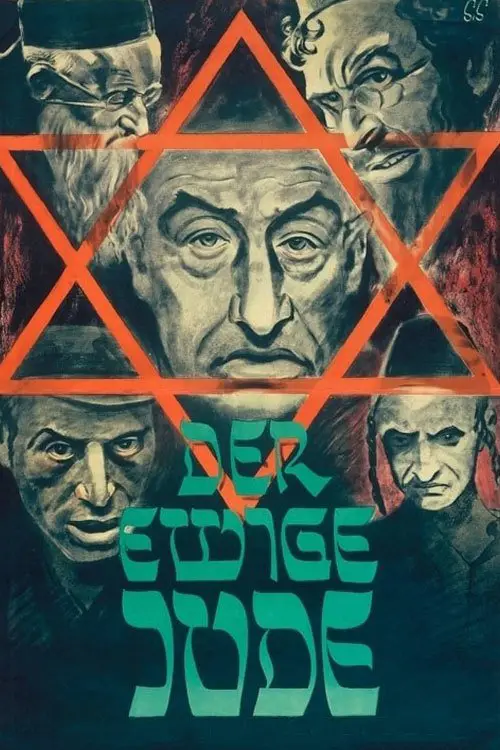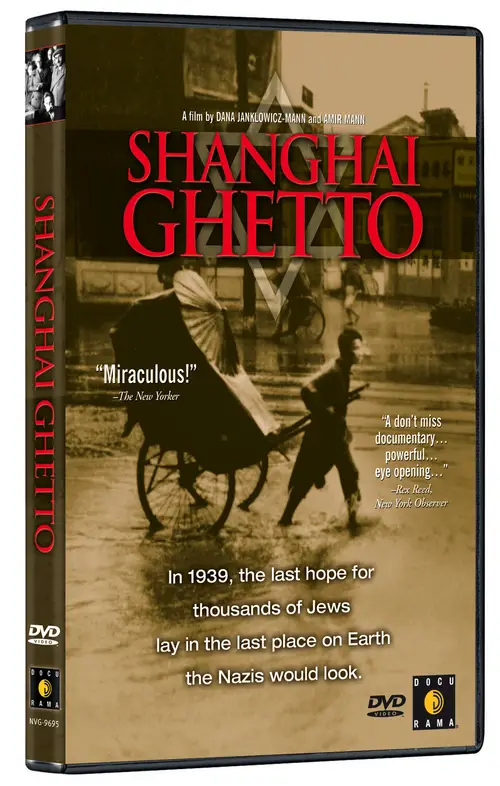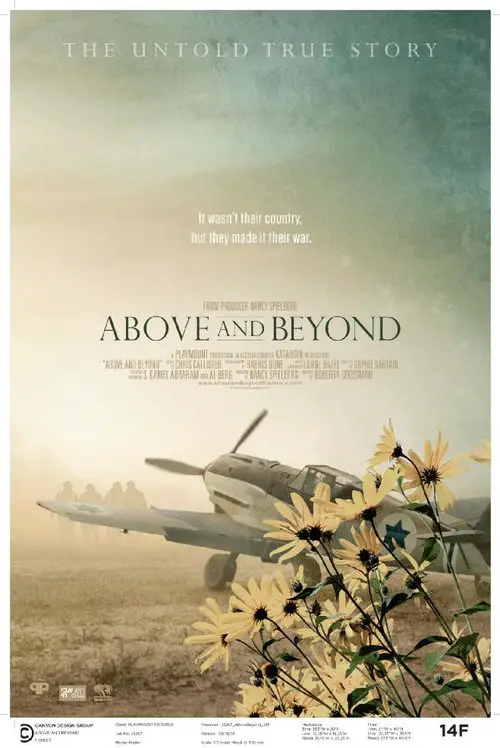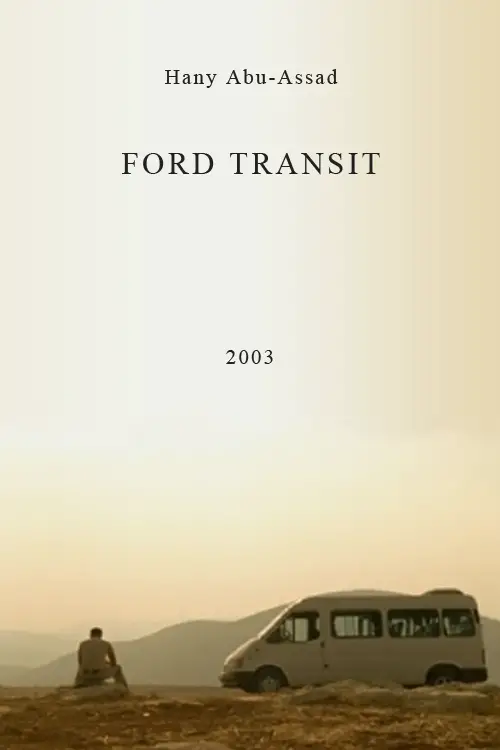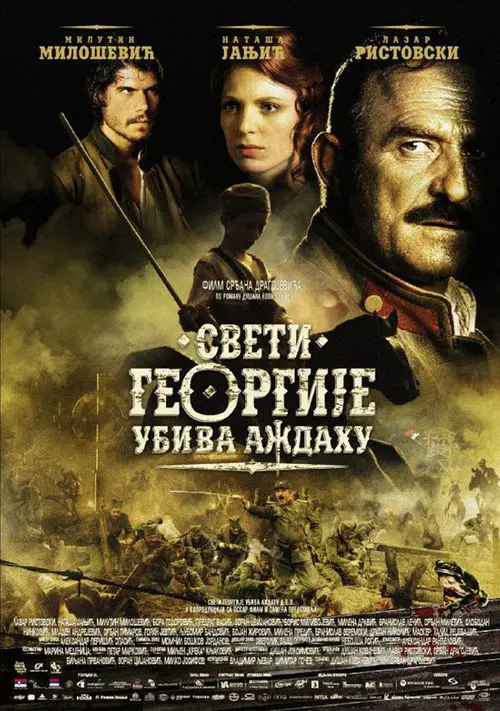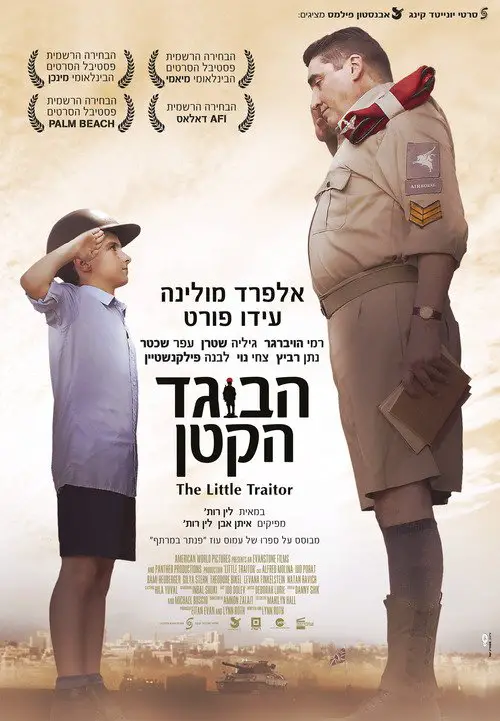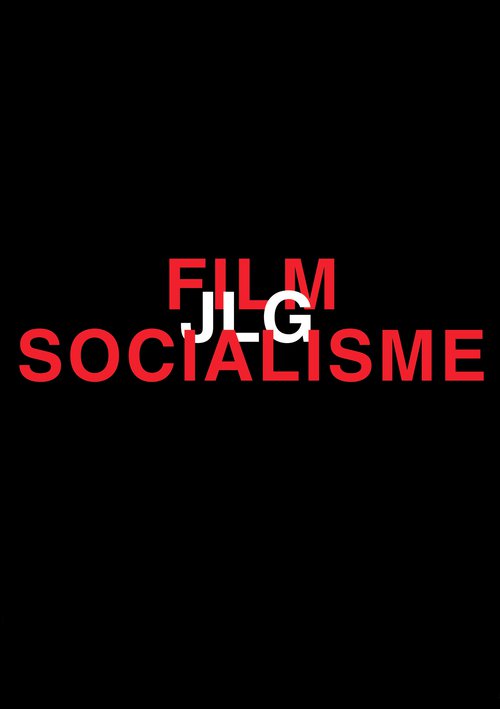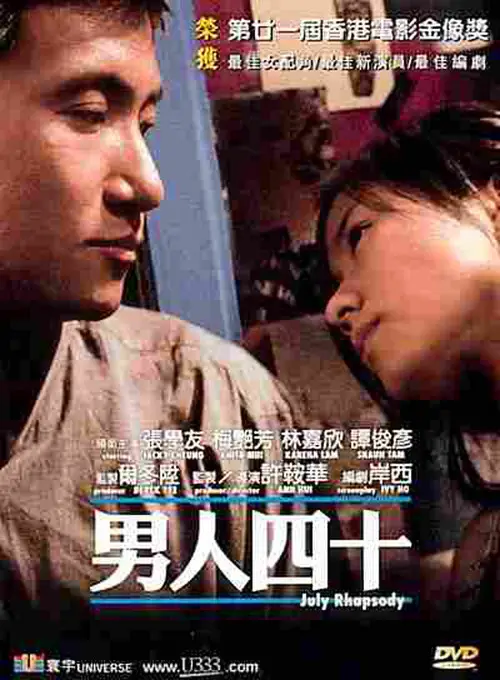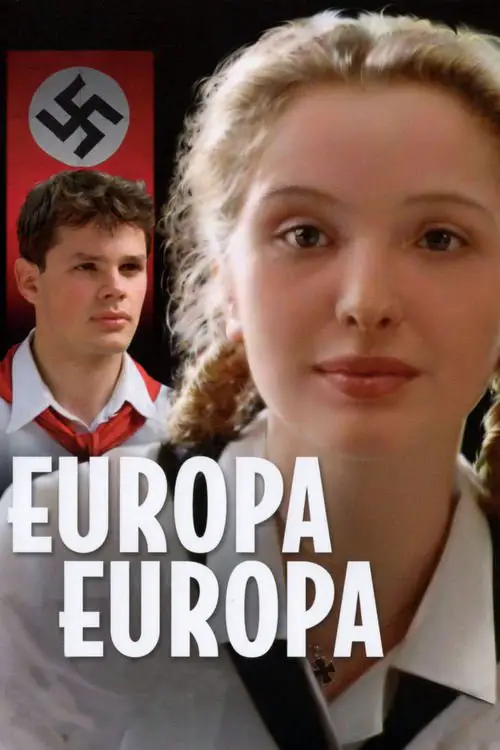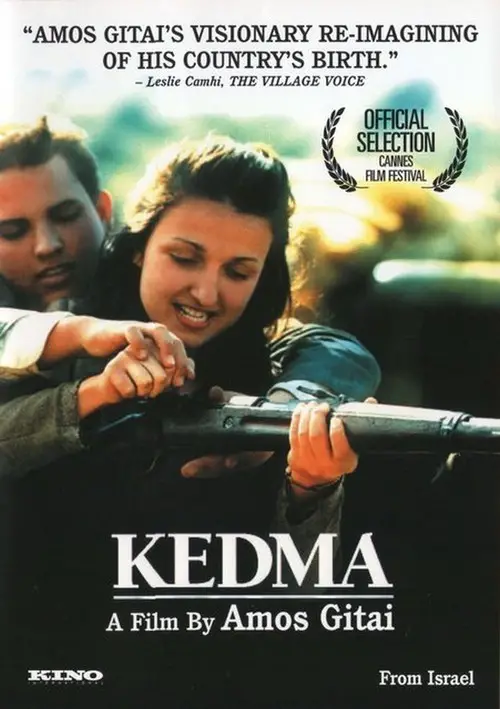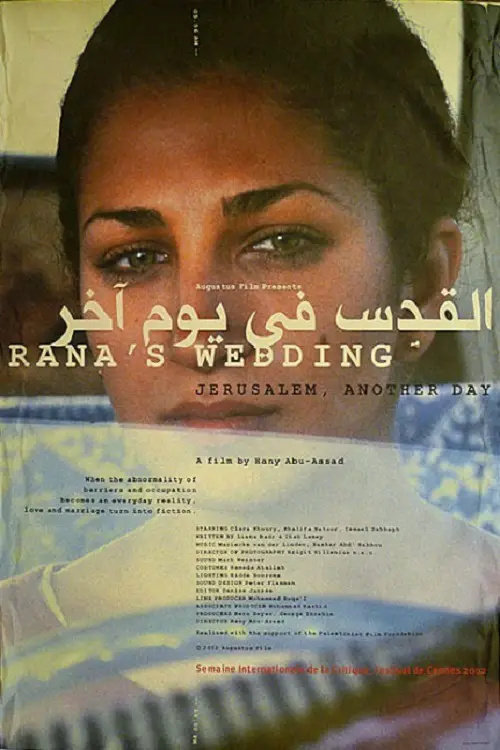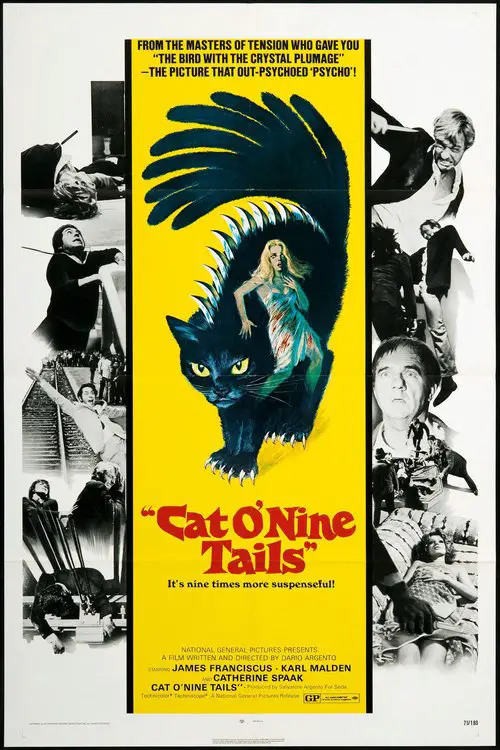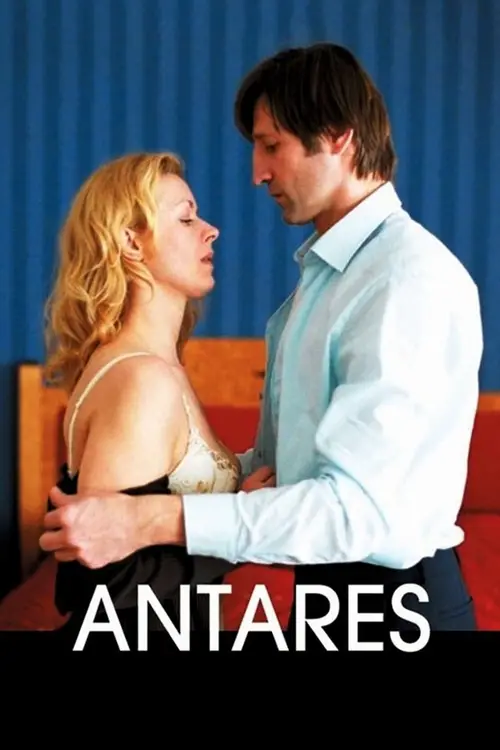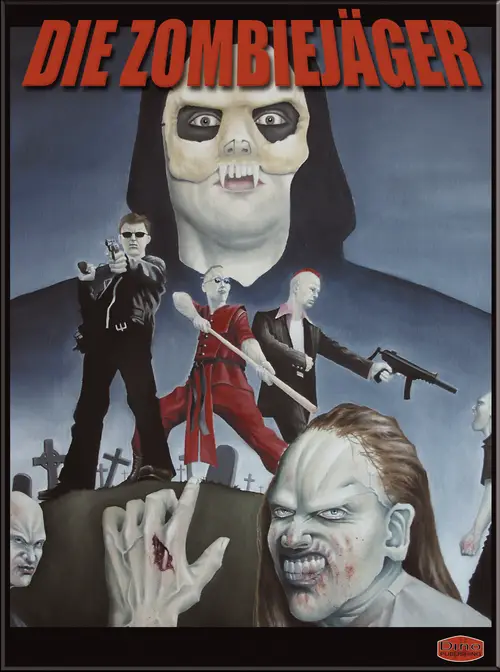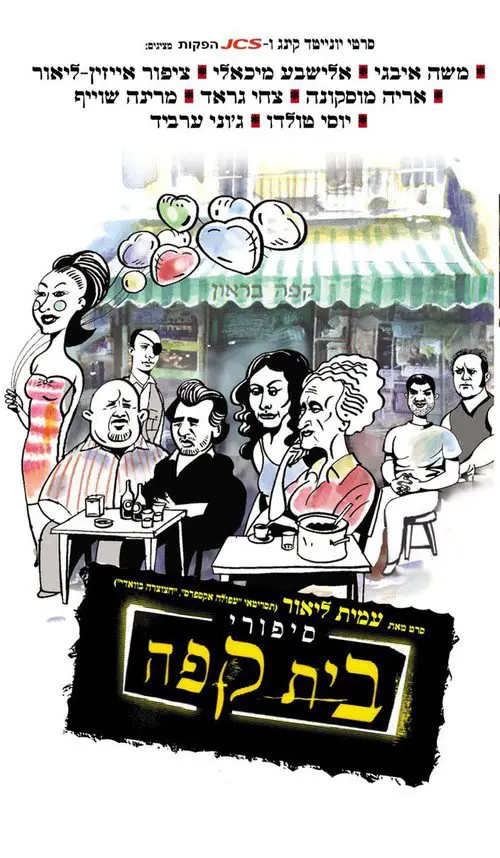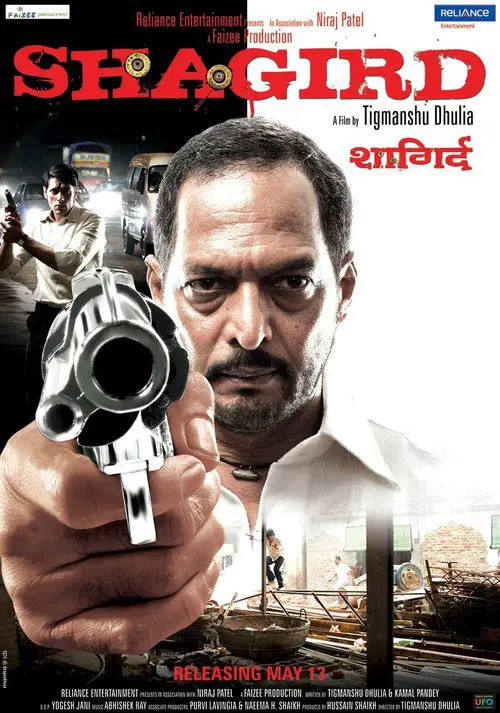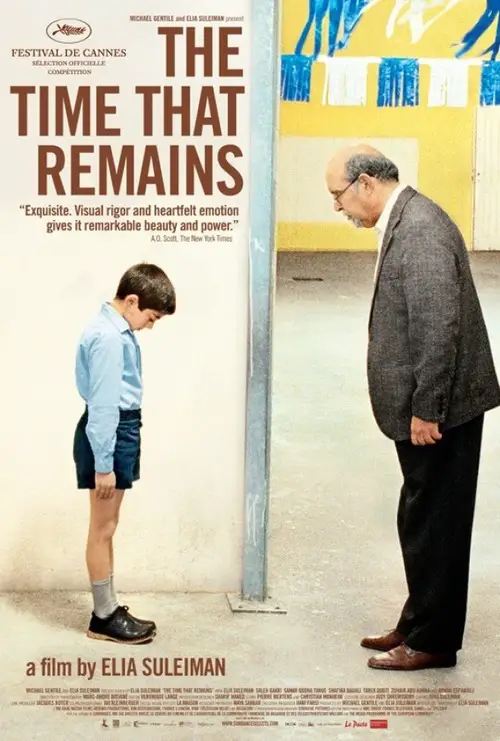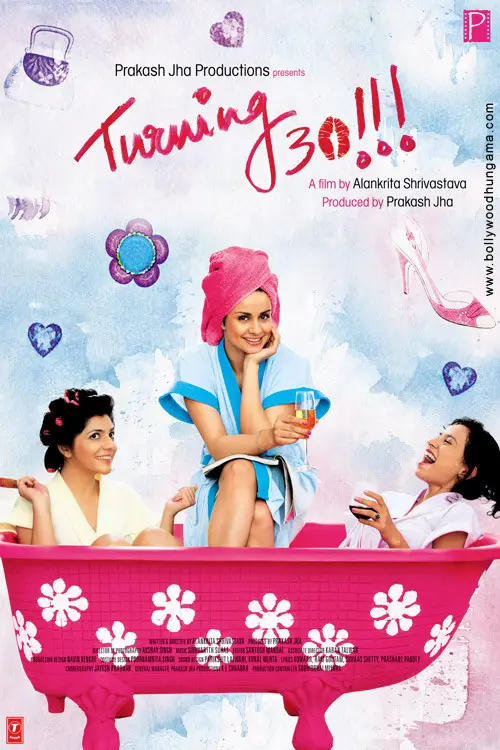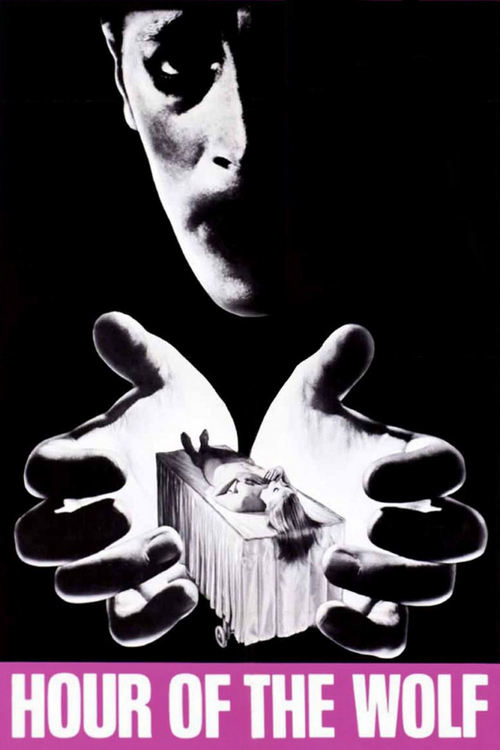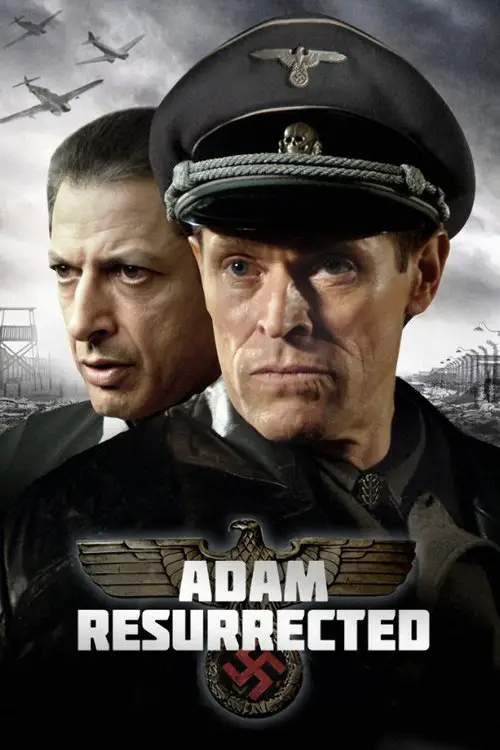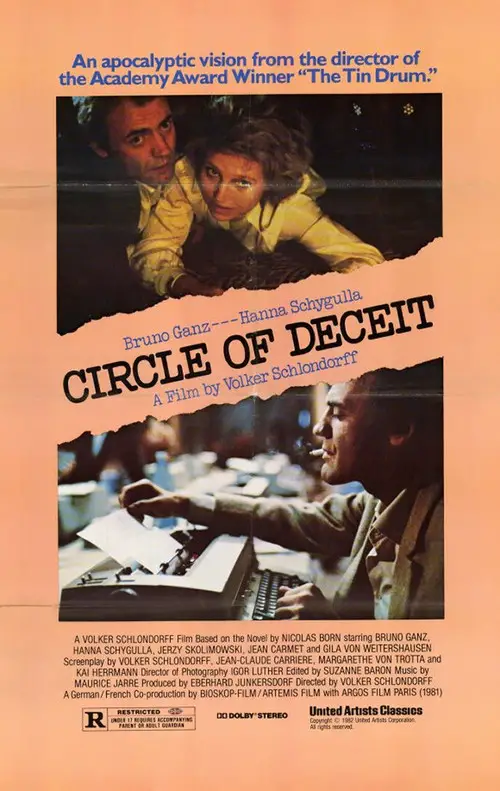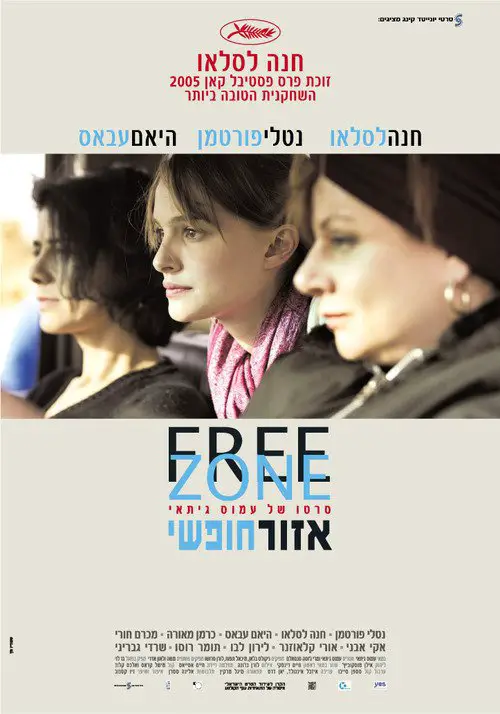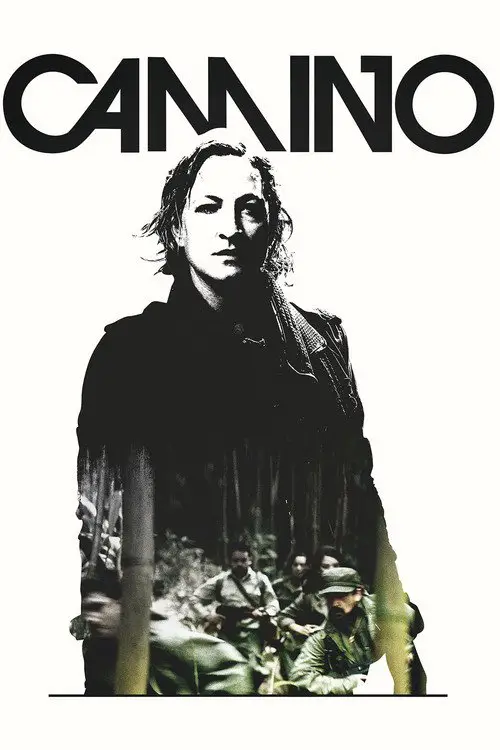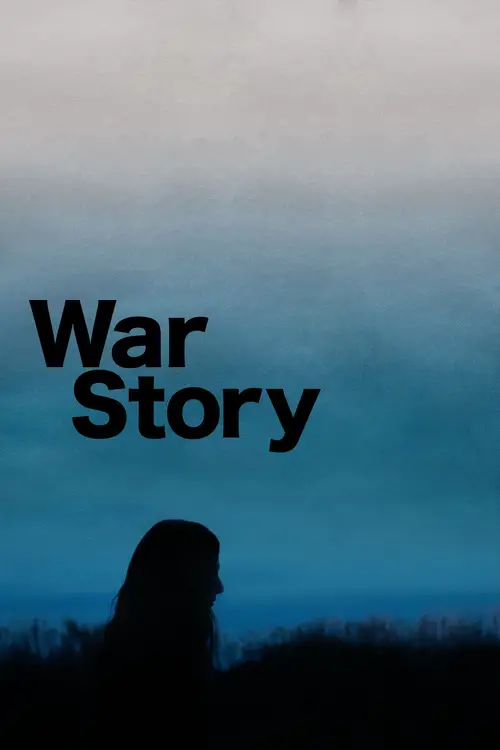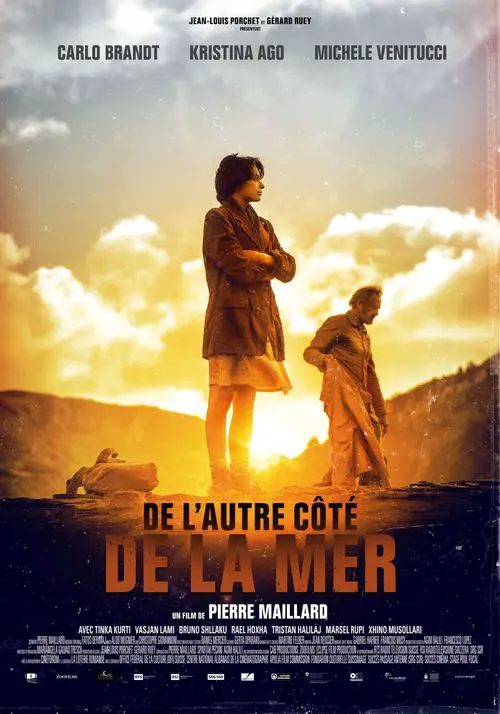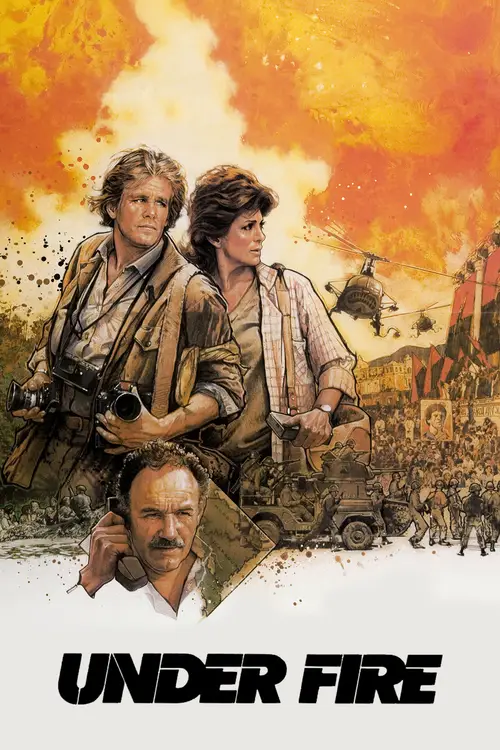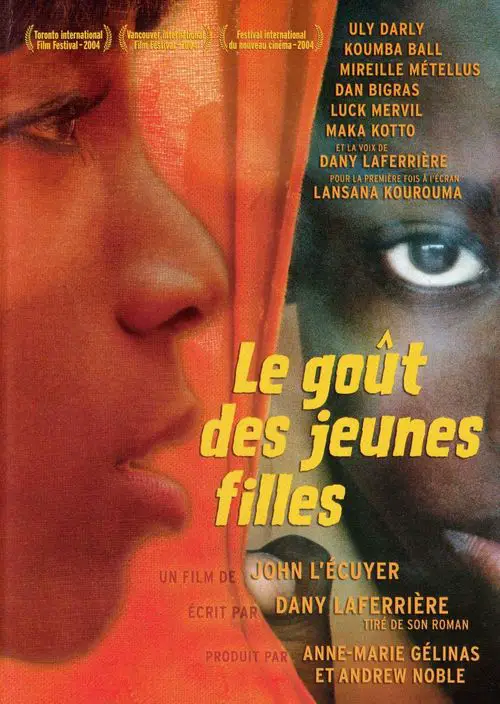War Photographer (2001)

Similar movies
The flat on the third floor of a Bauhaus building in Tel Aviv was where my grandparents lived since they immigrated to Palestine in the 1930's. Were it not for the view from the windows, one might have thought that the flat was in Berlin. When my grandmother passed away at the age of 98 we were called to the flat to clear out what was left. Objects, pictures, letters and documents awaited us, revealing traces of a troubled and unknown past. The film begins with the emptying out of a flat and develops into a riveting adventure, involving unexpected national interests, a friendship that crosses enemy lines, and deeply repressed family emotions. And even reveals some secrets that should have probably remained untold...
Through the heart and photographic lens of international photographer Jo-Anne McArthur, â¨we become intimately familiar with a cast of non-human animals. The film follows Jo-Anne over the course of a year as she photographs several animal stories in parts of Canada, â¨the U.S. and in Europe. Each story is a window into global animal industries: â¨Food, Fashion, Entertainment and Research.
During the Pinochet dictatorship, Jorge Lübbert became an instrument for the Chilean secret services, who forced him to work for them in an extremely violent way. He was able to escape from Chile and became a war photographer based in Belgium. Today, his son Andrés takes him back to the places of his unfinished past.
The story of the Great War told from a unique new aerial perspective. Featuring two remarkable historical finds, including a piece of archive footage filmed from an airship in summer 1919, capturing the trenches and battlefields in a way that has rarely been seen before. It also features aerial photographs taken by First World War pilots - developed for the first time in over ninety years - that show not only the devastation inflicted during the fighting, but also quirks and human stories visible only from above.
While scouting locations for his classic "The Gospel According to St. Matthew", director Pier Paolo Pasolini noticed that filming in the actual site of the story, in Palestine, wouldn't be much of a great choice due to the modern invasion which completely altered the biblical settings. Here, the director explained his reasons of why his search in the Middle East end up being wrong - though somewhat fruitful and rewarding in other ways - and why his native Italy surprised him and became the scenario for his religious epic.
During a two-day period before and after the University of Alabama integration crisis, the film uses five camera crews to follow President John F. Kennedy, attorney general Robert F. Kennedy, Alabama governor George Wallace, deputy attorney general Nicholas Katzenbach and the students Vivian Malone and James Hood. As Wallace has promised to personally block the two black students from enrolling in the university, the JFK administration discusses the best way to react to it, without rousing the crowd or making Wallace a martyr for the segregationist cause.
A film that exposes the shocking truth behind the economic crisis of 2008. The global financial meltdown, at a cost of over $20 trillion, resulted in millions of people losing their homes and jobs. Through extensive research and interviews with major financial insiders, politicians and journalists, Inside Job traces the rise of a rogue industry and unveils the corrosive relationships which have corrupted politics, regulation and academia.
A documentary about bizarre residents of Shutka, a Macedonian village built on the former city dump area. Shutka, where everyone is the champion of something. This film is a celebration of the culture, humor, spirit, oddities and idiosyncrasies of the Roma, one of the world's poorest and most persecuted peoples. Ultimately we are instructed in the celebration of life despite any and all circumstances - everyone is of value here.
When Allied forces liberated the Nazi concentration camps in 1944-45, their terrible discoveries were recorded by army and newsreel cameramen, revealing for the first time the full horror of what had happened. Making use of British, Soviet and American footage, the Ministry of Informationâs Sidney Bernstein (later founder of Granada Television) aimed to create a documentary that would provide lasting, undeniable evidence of the Nazisâ unspeakable crimes. He commissioned a wealth of British talent, including editor Stewart McAllister, writer and future cabinet minister Richard Crossman â and, as treatment advisor, his friend Alfred Hitchcock. Yet, despite initial support from the British and US Governments, the film was shelved, and only now, 70 years on, has it been restored and completed by Imperial War Museums.
With the epic dimensions of a Shakespearean tragedy, The Queen of Versailles follows billionaires Jackie and Davidâs rags-to-riches story to uncover the innate virtues and flaws of their American dream. We open on the triumphant construction of the biggest house in America, a sprawling, 90,000-square-foot mansion inspired by Versailles. Since a booming time-share business built on the real-estate bubble is financing it, the economic crisis brings progress to a halt and seals the fate of its owners. We witness the impact of this turn of fortune over the next two years in a riveting film fraught with delusion, denial, and self-effacing humor.
The latest production of Moriah Films is It Is No Dream: The Life of Theodor Herzl, exploring the life and times of Theodor Herzl, father of the modern state of Israel. Narrated by Academy Award winner, Sir Ben Kingsley and starring Academy Award winner Christoph Waltz as the voice of Theodor Herzl, the film examines how Herzl, a well known journalist and playwright, an assimilated, Budapest born Jew, horrified by the Dreyfus trial in Paris and the anti-Semitism he saw spreading across Europe, took upon himself the task of attempting to create a Jewish homeland in Palestine against all odds. Over the span of 8 years, Herzl organized and led a worldwide political movement that within 50 years led to the establishment of the state of Israel. The film follows Herzl as he meets with Kings, Prime Ministers, Ambassadors, a Sultan, a Pope and government ministers from Constantinople to St. Petersburg, from Paris to Berlin, from Vienna to Vilna in his quest to build a Jewish nation.
With breathtaking clarity, renowned University of Massachusetts Economics Professor Richard Wolff breaks down the root causes of today's economic crisis, showing how it was decades in the making and in fact reflects seismic failures within the structures of American-style capitalism itself. Wolff traces the source of the economic crisis to the 1970s, when wages began to stagnate and American workers were forced into a dysfunctional spiral of borrowing and debt that ultimately exploded in the mortgage meltdown. By placing the crisis within this larger historical and systemic frame, Wolff argues convincingly that the proposed government "bailouts," stimulus packages, and calls for increased market regulation will not be enough to address the real causes of the crisis, in the end suggesting that far more fundamental change will be necessary to avoid future catastrophes.
In 1923, Rudolf Steiner, an Austrian scientist, philosopher & social innovator, predicted that in 80 to 100 years honeybees would collapse. Now, beekeepers around the United States and around the world are reporting an incredible loss of honeybees, a phenomenon deemed "Colony Collapse Disorder." This "pandemic" is indicated by bees disappearing in mass numbers from their hives with no clear single explanation. The queen is there, honey is there, but the bees are gone. For the first time, in an alarming inquiry into the insights behind Steiner's prediction QUEEN OF THE SUN: What Are the Bees Telling Us? investigates the long-term causes behind the dire global bee crisis through the eyes of biodynamic beekeepers, commercial beekeepers, scientists and philosophers.
Prominent Columbia University English and Comparative Literature professor Edward Said was well known in the United States for his tireless efforts to convey the plight of the Palestinian people, and in this film shot less than a year before his death resulting from incurable leukemia, the author of such books as {-Orientalism}, {-Culture and Imperialism}, and {-Power, Politics, and Culture} discusses with filmmakers his illness, his life, his education, and the continuing turmoil in Palestine. Diagnosed with the disease in 1991, Said struggled with his leukemia throughout the 1990s before refraining from interviews due to his increasingly fragile physical state. This interview was the one sole exception to his staunch "no interview" policy, and provides fascinating insight into the mind of the man who became Western society's most prominent spokesman for the Palestinian cause.
With the country's debt growing out of control, Americans by and large are unaware of the looming financial crisis. This documentary examines several of the ways America can get its economy back on the right track. In addition to looking at the federal deficit and trade deficit, the film also closely explores the challenges of funding national entitlement programs such as Social Security, Medicare and Medicaid.
Corruption, assassination and street rioting surround the story of the award-winning film, Power Trip, which follows an American multi-national trying to solve the electricity crisis in Tbilisi, capital of the former Soviet Republic of Georgia. Power Trip provides insight into today's headlines, with a graphic, on-the-ground depiction of the challenges facing globalization in an environment of culture clash, electricity disconnections and blackouts.
The Jews of Poland (invaded by Germany in 1939) are depicted as filthy, evil, corrupt, and intent on world domination. Street scenes are shown prejudicially, along with clips from Jewish cinema of the day and photos of Jewish celebrities, while the narrator "explains" the Jewish problem. The climax and resolution of the film is Hitler's 1939 announcement that the Jewish race will meet its "annihilation" (Vernichtung).
SHANGHAI GHETTO recalls the strange-but-true story of thousands of European Jews who were shut out of country after country while trying to escape Nazi persecution in the late 1930s. Left without options or entrance visas, a beacon of hope materialized for them on the other side of the world, and in the unlikeliest of places, Japanese-controlled Shanghai. Fleeing for their lives, these Jewish refugees journeyed to form a settlement in the exotic city, penniless and unprepared for their new life in the Far East. At the turn of the new millennium, filmmakers Dana Janklowicz-Mann and Amire Mann boldly snuck into China with two survivors and a digital camera to shoot at the site of the original Shanghai Ghetto, unchanged since WWII.
The movie follows Rajai, a Ford Transit driver which is the most popular transportation in the Palestinian occupied territories (occupied by Israel). While taking a ride with Rajai, we experience the frustrating situation the Palestinian need to deal with. On our trips from the roadblock in Ramallah to the roadblock in Jerusalem, we get to hear analysis of the situation by all kinds of random transporters, people from different religions, origins, and levels of class.
Daisuke Honda, a war photographer in Vietnam, meets Yuriko Sawanouchi, a stewardess on his plane back to Japan. After drinking with her at a Tokyo bar, he becomes involved in saving Yuriko from assassination by stylish, female ninjas. When trying to rescue Yuriko from kidnappers, Daisuke discovers a group of foreigners are hunting for a WWII-era treasure hidden on an island by Yuriko's father.
Original story by Yasushi AKIMOTO, writer of the mega hit movie One Missed Call (Chakushin Ari) series. As the project was in development with an idea of an "infectious song (Densen-Uta)", one of the staff called out..."There was a real Densen-Uta!" He discovers on the internet of a song back in 1933, Hungary, which caused mysterious deaths of many people. In "Densen-Uta", high school girls get mixed up in the Japanese version of this infectious song, and with the help of third rate gossip magazine reporter, tries to solve the mystery and horror behind the song. They come to know just how real, an urban legend can become.
St. George Slays the Dragon (Serbian: Sveti Georgije ubiva aždahu) is a Serbian World War I drama. The movie starts with Kingdom of Serbia battling the remaining Turkish occupiers during the First Balkan War in 1912 and ends with the outbreak of World War I in 1914. The movie's central theme is a love triangle between the village gendarme ÄorÄe, his wife Katarina and the young disabled war veteran Gavrilo who was previously engaged to Katarina before he went to war and lost his arm in battle. Even though Katarina in the meantime married ÄorÄe, she still has affection for Gavrilo. At the onset of World War I, all able-bodied men in the village are recruited for combat. Left in the village are only women, children and disabled veterans from previous Balkan wars. Rumours start circulating that the invalids in the village are trying to take advantage of the situation by making their moves on the women in the village â the wives and sisters of the recruited men.
Based on the novel "Panther in the Basement" by the world-renowned author, Amos Oz, the movie takes place in Palestine in 1947, just a few months before Israel becomes a state. Proffy Liebowitz, a militant yet sensitive eleven year old wants nothing more than for the occupying British to get the hell out of his land.
A symphony in three movements. Things such as a Mediterranean cruise, numerous conversations, in numerous languages, between the passengers, almost all of whom are on holiday... Our Europe. At night, a sister and her younger brother have summoned their parents to appear before the court of their childhood. The children demand serious explanations of the themes of Liberty, Equality and Fraternity. Our humanities. Visits to six sites of true or false myths: Egypt, Palestine, Odessa, Hellas, Naples and Barcelona.
Lam Yiu Kwok, a Hong Kong secondary school teacher is facing a mid-life crisis. While he has only his pride and Chinese poetry to fall back on, his peers are successful businessmen and professionals who flaunt their extravagant lifestyles at reunion dinners. After many years, Lam is still living in a modest apartment with his wife, Man Ching and two teenage sons. However financial stagnancy is not his only problem. An old flame of Man Ching (who was the couple's former schoolteacher) returns to Hong Kong and uncovers old wounds. Man Ching feels obliged to help her ex-lover. Meanwhile, Yiu Kwok faces another dilemma: Choy Lam, a precocious student, has a crush on him and the 'forbidden fruit' looks more and more tempting in the light of his wife's 'infidelity'. Will he succumb to young charms and let history repeat itself?
A touching story of a deaf girl who is sent to an oil rig to take care of a man who has been blinded in a terrible accident. The girl has a special ability to communicate with the men on board and especially with her patient as they share intimate moments together that will change their lives forever.
Sometimes mentioned as a modern Bad Taste."During a time in the near future, Gothenburg has been invaded by zombies. The police are powerless and a team of German zombie hunters are called in to solve the problem and clean up the city and find out what is causing the zombe epidemic. On their way through the streets of Gothenburg, they run into several obstacles. For example, they come across an Italian assassin and some Swedish reporters on the wrong side of the barricades." â IMDB
A huge solar flare is predicted to fry the Earth. Astronauts aboard the spaceship Helios must go to the Sun to drop a bomb equipped with an Artificial Intelligence (Freddy) and a Japanese pilot (as a back up if the Artificial Intelligence fail) at the right time so the flare will point somewhere else.
Sub-Inspector Mohit Kumar joins Delhi Police' Crime Branch and is instructed to work under the supervision of Senior Police Inspector Hanumant Singh, who lives with his wife and school-going son, Nikhil. Mohit witnesses Hanumant's family come under attack and becomes sympathetic - especially when the media - including his Aaj Tak Reporter and girlfriend, Varsha Mathur - criticizes him. Mohit does change his mind about Hanumant when he witnesses the latter break the laws as well as accept bribes and shares it with other police officers with impunity. Mohit will not only face career and personal challenges when he decides to oppose politically-connected Hanumant, but also when Varsha, along with two other journalists, will be abducted by Islamic terrorists
An examination of the creation of the state of Israel in 1948 through to the present day.[Synopsis from the director, courtesy of Cannes Film Festival] : "The Time That Remains" is a semi biographic film, in four historic episodes, about a family--my family--spanning from 1948, until recent times. The film is inspired by my fatherâs diaries of his personal accounts, starting from when he was a resistant fighter in 1948, and by my motherâs letters to family members who were forced to leave the country since then. Combined with my intimate memories of them and with them, the film attempts to portray the daily life of those Palestinians who remained in their land and were labeled "Israeli-Arabs," living as a minority in their own homeland.
Naina's story as she grapples with heartbreak, and a crisis in her advertising career in the face of her 30th birthday. And as she fights her anxiety and fears about being 30 years old, Naina realises there's a lot of growing up to be done. Set in the heart of urban Mumbai, Turning 30!!! is a humorous and heart-warming take on a single young woman's journey of finding herself, discovering love and blossoming into a woman of substance.
Before the war, in Berlin, Adam was an entertainer- cabaret impresario, magician, musician-loved by all until he finds himself in a concentration camp, confronted by Commandant Klein. Adam survives the camp by becoming the Klein's "dog", entertaining him while his wife and daughter are sent off to die. "Adam Resurrected" is the story of a man who once was a dog who meets a dog who once was a boy.
The circularity of violence seen in a story that circles on itself. In Macedonia, during war in Bosnia, Christians hunt an ethnic Albanian girl who may have murdered one of their own. A young monk who's taken a vow of silence offers her protection. In London, a photographic editor who's pregnant needs to talk it out with her estranged husband and chooses a toney restaurant.
Paul (Macfadyen), a prize-winning war journalist, returns to his remote New Zealand hometown due to the death of his father, battle-scarred and world-weary. For the discontented sixteen-year-old Celia (Barclay) he opens up a world she has only dreamed of. She actively pursues a friendship with him, fascinated by his cynicism and experience of the world beyond her small-town existence. But many, including the members of both their families (Otto, Moy), frown upon the friendship and when Celia goes missing, Paul becomes the increasingly loathed and persecuted prime suspect in her disappearance. As the violent and urgent truth gradually emerges, Paul is forced to confront the family tragedy and betrayal that he ran from as a youth, and to face the grievous consequences of silence and secrecy that has surrounded his entire adult life.
Lee is a world-weary American woman who arrives in an Italian city. Her tangles with hotel staff, incessant smoking and her disregard of the persistently ringing telephone hint at her volatility brewing beneath the surface. Between fitful naps, she wanders the streets, snapping pictures of refugees as if her camera were both weapon and olive branch. Struggling to confront her demons, Lee resolves to help a beautiful young woman in need.
A former war photographer tries to ward off his personal ghosts by taking pictures of trees only. He lives alone among olive trees in southern Italy. One day he decides to cross the sea. Once in Albania, he goes near the location where he had made his last war picture, as if he was retracing his steps. He finds a tree he wants to photograph. He is just about to do so, when he discovers a runaway girl hiding in it with the sole objective of crossing the sea and getting to the other side. The man has no choice. He has to flee with her, follow her and guide her along until a storm separates them.
© Valossa 2015–2026
| Privacy Policy
